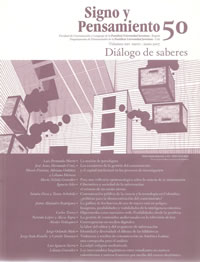Abstract
The first part of this text raises the need for an up-to-date and more comprehensive understanding of the concept “freedom of speech”; one that takes into consideration a real praxis and not a mere legal notion; one that takes into account new technological determinants and the contemporary connotations of the term “speech”. The results of the above-mentioned work are then applied in the second part of the text, where the real state of ‘freedom of speech’ in Venezuela, 2007, is described. At the moment, Venezuela is undergoing a rapid political evolution where freedom of expression, even if still respected de jure, is gradually less respected de facto. This section includes a brief empirical description of what could be called the ‘state of the affairs’, an analysis of the new balance between access and participation, plus a final analysis regarding the operative application in Venezuela of Article 19 of the Universal Declaration of Human Rights.This journal is registered under a Creative Commons Attribution 4.0 International Public License. Thus, this work may be reproduced, distributed, and publicly shared in digital format, as long as the names of the authors and Pontificia Universidad Javeriana are acknowledged. Others are allowed to quote, adapt, transform, auto-archive, republish, and create based on this material, for any purpose (even commercial ones), provided the authorship is duly acknowledged, a link to the original work is provided, and it is specified if changes have been made. Pontificia Universidad Javeriana does not hold the rights of published works and the authors are solely responsible for the contents of their works; they keep the moral, intellectual, privacy, and publicity rights.
Approving the intervention of the work (review, copy-editing, translation, layout) and the following outreach, are granted through an use license and not through an assignment of rights. This means the journal and Pontificia Universidad Javeriana cannot be held responsible for any ethical malpractice by the authors. As a consequence of the protection granted by the use license, the journal is not required to publish recantations or modify information already published, unless the errata stems from the editorial management process. Publishing contents in this journal does not generate royalties for contributors.


